Everything We Know About EverQuest 3 (It’s Not Called EverQuest 3)

It’s been over 20 years now since the release of EverQuest 2, the most recent EverQuest MMO, and for almost as long there have been rumors about a third installment of the franchise. In 2018 a former Daybreak employee posted a list on Reddit with information about what the company was working on. Most of the items on that list later proved to be true. It was also stated that Daybreak had been working on a new EverQuest game for a year or so and that it was being made to compete with Pantheon: Rise of the Fallen. That rumor was never confirmed or denied by daybreak.
For a year everything was quiet until members of the Daybreak team held an AMA on the EverQuest fansite Fires of Heaven. When the team was asked about an EverQuest remake, then Executive Producer Holly Longdale (Now Executive Producer for World of Warcraft) answered the following:
“We will definitely do something with the IP. A strict remake? Probably not. Will it embody the EQ spirit, most likely yes.”

This led to massive speculation but eventually, the rumors died down and there was no more info from Daybreak for years. Speculation began again in the summer of 2023 when Daybreak Games posted a job listing for a Creative Director. The position, which was listed under Darkpaw Games—the studio dedicated to the EverQuest franchise—hinted at the development of an unannounced MMO. While the listing did not explicitly mention EverQuest 3, the details provided led many to believe that the project could be the next installment in the long-running series.

The job description outlined key elements of the new project, including a high-fantasy theme with a focus on exploration, community, fairness, and escape. These pillars align closely with the core values of the EverQuest franchise, which has long been celebrated for its immersive worlds, collaborative gameplay, and sense of adventure. The mention of “high fantasy exploration” and the creation of “alternative worlds” further reinforced the connection to the EverQuest universe.


The Creative Director role also emphasized the need to establish and refine core gameplay loops, as well as develop systems that enhance community and teamwork, ensure fairness in rewards, and provide players with a sense of escape. These elements are not only central to the EverQuest experience but also reflect broader trends in modern MMO design, suggesting that the project aims to balance nostalgia with contemporary player expectations.
The listing also noted that the Creative Director would work with Darkpaw Games, the studio responsible for maintaining EverQuest and EverQuest II. This detail added weight to the speculation, as it indicated that the new project would be closely tied to the EverQuest brand. Additionally, the requirement for experience with pre-existing IPs and MMO development further fueled the belief that the unannounced title could be EverQuest 3.
Technical requirements in the job listing, such as experience with Unreal Engine 4 or 5, suggested that the new project would leverage modern game development tools to deliver high-quality visuals and gameplay. This raised expectations that the game could represent a significant evolution for the franchise.
Rumors Confirmed: EverQuest 3 Officially Teased
The speculation that began in July 2023 was finally confirmed in September 2023 during Enad Global 7’s (EG7) Capital Markets Day event. EG7, the parent company of Daybreak Games, provided the first official acknowledgment of a new EverQuest project during the presentation. While details were sparse, the announcement marked a significant moment for fans of the franchise, who had been waiting years for news of a new installment.

During the event, EG7 CEO Ji Ham revealed a slide showcasing three in-development titles, one of which was labeled under the EverQuest IP. Ham described EverQuest as the company’s “most important IP” but tempered expectations by clarifying that the project was still in the “ideation phase.” He emphasized that the game was not guaranteed to move forward and that any potential investment would not begin until 2025, with a target launch date of 2028. This timeline, while tentative, offered the first concrete glimpse into the future of the franchise.
Ham’s comments also hinted at the challenges of developing a new EverQuest game. He acknowledged the risks involved, particularly in light of the high-profile cancellation of EverQuest Next in 2016. To mitigate these risks, EG7 outlined a development model referred to as “80/10/10.” This approach involves 80% of the game being built on proven or existing elements, 10% focused on improvements, and 10% dedicated to introducing new ideas. This strategy contrasts with the more ambitious and risky “10/10/80” model, which was associated with EverQuest Next and ultimately led to its downfall. By prioritizing stability and minimizing risk, EG7 aims to ensure the new project reaches completion.

Staying True to the Original Experience
One of the most intriguing aspects of Ham’s presentation was his emphasis on staying true to the original EverQuest experience. He referenced Elden Ring, the critically acclaimed action RPG by FromSoftware, as an example of how a hardcore game can achieve mainstream success. Ham expressed admiration for FromSoftware’s approach, noting that Elden Ring’s sales of over 20 million units demonstrated the viability of challenging, hardcore gameplay in today’s market.

For EverQuest 3, this philosophy means a return to the franchise’s roots. The original EverQuest, released in 1999, was known for its challenging gameplay, deep social systems, and immersive world-building. Over the years, the franchise has experimented with making the games more accessible, but Ham suggested that the new project would embrace the hardcore elements that defined the series’ early days. This approach is likely to resonate with long-time fans who have been yearning for a return to the classic EverQuest experience.
A Potential Console Release
Another notable detail from the presentation was the possibility of EverQuest 3 launching on consoles in addition to PC. While the original EverQuest and its sequel were primarily PC-focused, the gaming landscape has shifted significantly since their releases. Console gaming has become a dominant force, and many modern MMOs, such as Final Fantasy XIV, have successfully bridged the gap between PC and console audiences.
This move could also attract fans of EverQuest Online Adventures, the franchise’s short-lived console spin-off from 2003, who have long hoped for a return to console gaming.
Confirmation at PAXEAST
A year went by with little EverQuest 3 news but the EverQuest PAX East 2024 panel Jen Chan, Head of Studios, alongside Adam Bell, Design Manager, and Lucy McLuarin, Engineering Manager celebrated 28 years of EverQuest development which included the official confirmation of a new EverQuest game currently in the ideation phase.
While details about the project remain scarce, Jen Chan revealed that the game is currently in the ideation phase, with Daybreak actively hiring for positions related to its development.
It’s Not Called EverQuest 3
The most recent insights into the future of EverQuest came from a candid interview on the YouTube channel MinnMax, where host Ben Hanson sat down with Kevin Lydy, Lead Artist and Logo Designer, and Jenn Chan, Studio Head and Series Executive Producer. The conversation provided a glimpse into the team’s vision for the next EverQuest game, though it also underscored that the project is still in its early stages and subject to change.

When asked about the possibility of EverQuest 3, Jenn Chan confirmed that the team is indeed working on a new EverQuest game. However, she was quick to clarify that it might not necessarily be called EverQuest 3. This hesitation stems from the lessons learned from EverQuest II, which was initially expected to replace the original EverQuest. As Chan explained, EverQuest II was seen as a “curse” for the first game because many assumed players would abandon the original for the sequel. Instead, the two games coexisted, with EverQuest maintaining a dedicated player base. This history has made the team cautious about how they position the new project.
A Reboot, Not a Sequel
Rather than jumping hundreds of years into the future, as EverQuest II did, the team is leaning toward a reboot of the original EverQuest. This approach would allow them to revisit the iconic characters, locations, and lore that defined the first game while modernizing the visuals, gameplay, and overall style.
Chan continued, describing a vision where players would instantly recognize the world of Norrath but experience it in a fresh, contemporary way. She mentioned key figures like Firiona Vie and the dragon Trakanon, emphasizing that these beloved elements would remain central to the experience. The goal, as Chan put it, is for players to look at the game and think, “Oh my God, this is Qeynos“.

Despite the excitement surrounding the project, both Chan and Lydy were careful to temper expectations. They emphasized that the new EverQuest game is still in the concept phase, with many details yet to be finalized. Chan noted that a lot can change between now and when the team reaches pre-production, which is when they’ll begin prototyping and testing ideas to ensure they’re feasible.
Do Players Actually Want an EverQuest 3?
While the prospect of revisiting Norrath in a modernized form is undeniably appealing, the question remains: can EverQuest 3—or whatever it ends up being called—live up to the legacy of its predecessors? And more importantly, can it deliver what EverQuest players truly want?
The EverQuest Legacy: A Product of Its Time
One of the most significant challenges facing the development of a new EverQuest game is the fact that the original EverQuest was a product of a unique moment in gaming history. Released in 1999, the game emerged at a time when the concept of massively multiplayer online RPGs was still in its infancy. The team behind EverQuest, led by visionaries like Brad McQuaid, John Smedley, and Steve Clover, was essentially inventing the genre as they went along. The game’s success was as much a result of luck and timing as it was of talent and innovation.
The magic of EverQuest lay in its ability to create a sense of wonder, danger, and community. The game’s open-ended design, punishing difficulty, and reliance on player collaboration fostered a deeply immersive experience that resonated with players in a way few games had before. However, replicating that magic in today’s gaming landscape is no small feat. The industry has changed dramatically since the late ’90s, with player expectations, technological advancements, and market pressures all shaping the way games are made and consumed.
While the original EverQuest team has largely moved on—Brad McQuaid passed away in 2019, John Smedley recently left Amazon Games to start a new venture, and other key figures like Bill Trost and Steve Clover are working on other projects, namely Ashes of Creation and Pantheon, two of EverQuest 3’s potentially biggest challengers—the current team at Daybreak and Darkpaw Games brings its own expertise and passion to the table. Jen Chan, the studio head, has demonstrated a deep understanding of the EverQuest franchise and a genuine excitement for its future.
That said, the absence of the original creators raises questions about whether the new team can capture the same lightning in a bottle. The original EverQuest was a labor of love, created by a group of developers who were as much fans of the genre as they were its pioneers. While the current team is undoubtedly talented, they face the daunting task of balancing nostalgia with innovation, all while navigating the pressures of modern game development.
What Do EverQuest Players Want?
One thing is clear: EverQuest players are a dedicated bunch. No matter how many new MMOs are released, they keep returning to Norrath. This loyalty speaks to the enduring appeal of the franchise, but it also sets a high bar for any new entry. Simply slapping the EverQuest name on a new game isn’t enough; it needs to capture the essence of what made the original so special. After being let down so many times, it seems like old-school MMO players no longer want a new MMO that is like the game they played when they were young, they want to play THE game they played when they were young. They don’t want to play a game like EverQuest, they want to play EverQuest.
For many fans, that essence lies in the game’s sense of adventure, its challenging gameplay, and its emphasis on community. The original EverQuest was a game that demanded time, effort, and cooperation, and it rewarded players with a sense of accomplishment that few other games could match. If the new game can deliver on those core pillars—while modernizing the experience for today’s players—it has a chance of succeeding.
However, there are significant hurdles to overcome. The gaming industry has become increasingly profit-driven, with a focus on monetization strategies that often clash with the spirit of classic MMOs. The team will need to strike a delicate balance between creating a game that appeals to modern audiences and staying true to the hardcore, community-driven ethos of the original EverQuest.
Additionally, the shadow of EverQuest Next looms large. The ambitious project, which was canceled in 2016, serves as a cautionary tale about the risks of overpromising and underdelivering. The current team seems aware of these pitfalls, as evidenced by their emphasis on a more measured, iterative development process.
Despite the challenges, there’s reason to be optimistic. The team’s focus on a reboot rather than a direct sequel suggests a desire to honor the franchise’s roots while creating something fresh and exciting. The references to Elden Ring and the emphasis on hardcore gameplay indicate a commitment to staying true to the original EverQuest experience, even as they modernize it for a new generation.


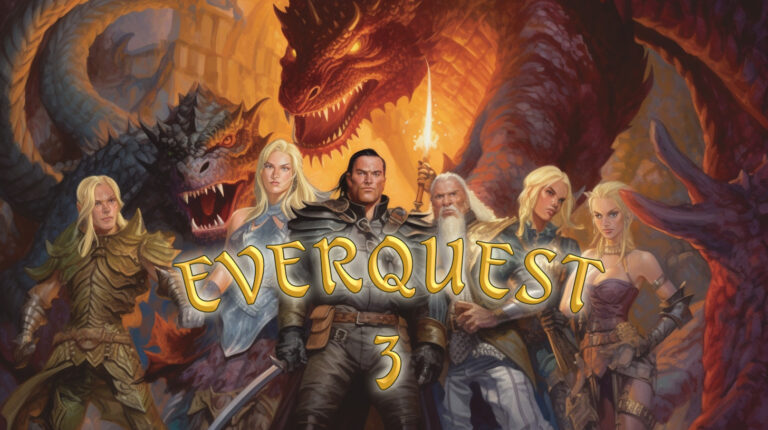
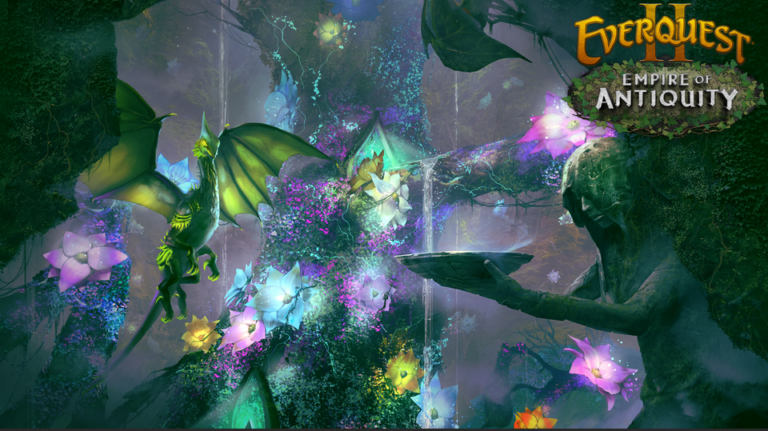
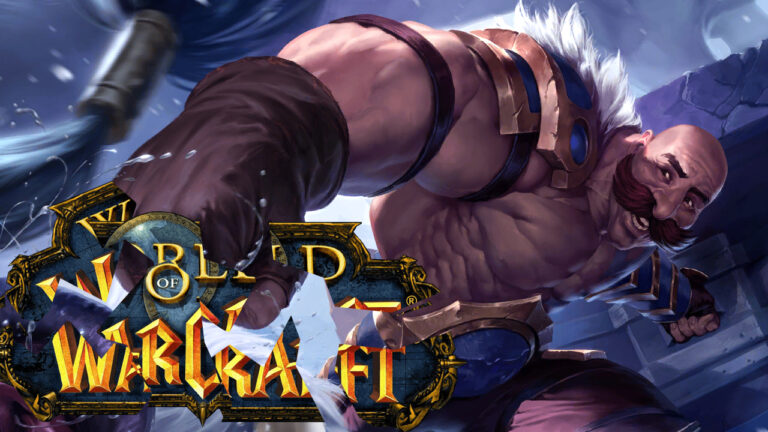
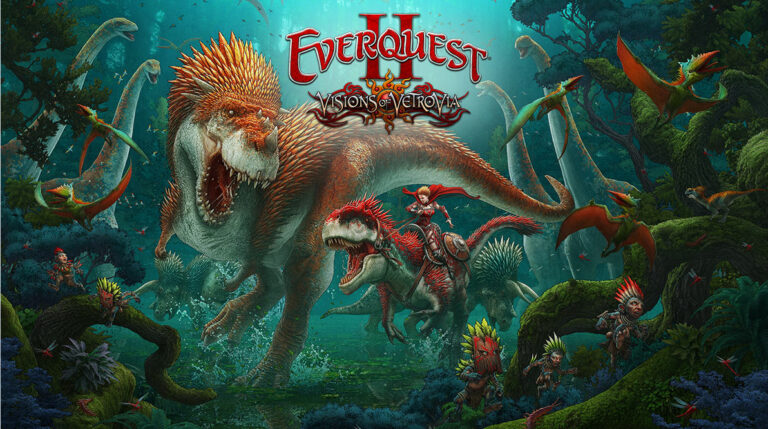
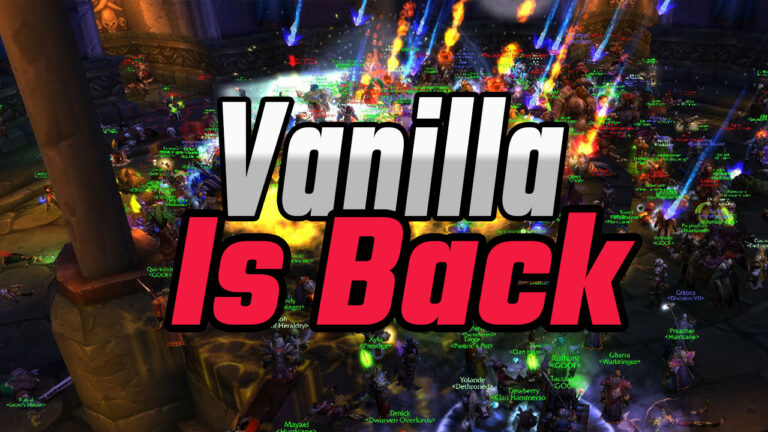
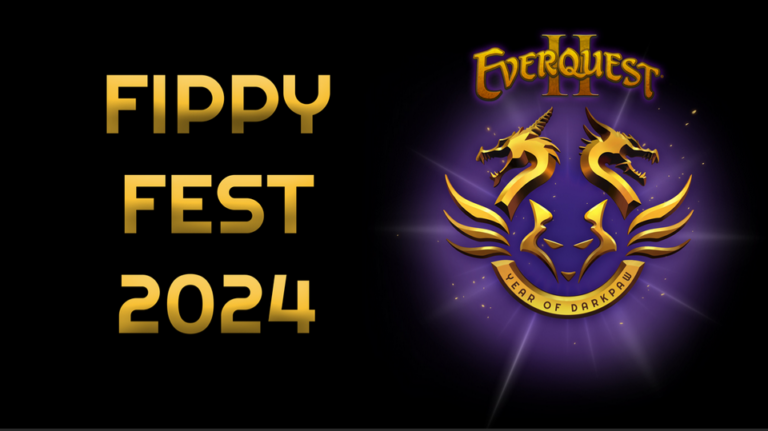
Day break should cease operations towards a EQ3. Instead, Implement transition players from EQ2 back to EQ. With a small fee or no fee back to EQ servers their toons banks inventory etc.
-Every 2-3 months a patch fixing the hiccups and broken programming.
-Would be a huge game advantage being largest and oldest game of that type for attractiveness of continuity.
-Blend EQ2 content into EQ
-Company would be able to streamline saving a fortune in various cost.
People from EQ would simply stop gaming if EQ goes away. We’re old don’t want to lose previous items/achievements. Also, we got money to pay for a premium game but younger people are more into micro transactions.
Based on how they run the other two games I don’t see any new Everquest IP coming from Daybreak being successful. Having a base subscription model plus microtransactions and a company thats famous for turning a blind eye to afk botting isn’t exactly a recipe for a successful MMO.